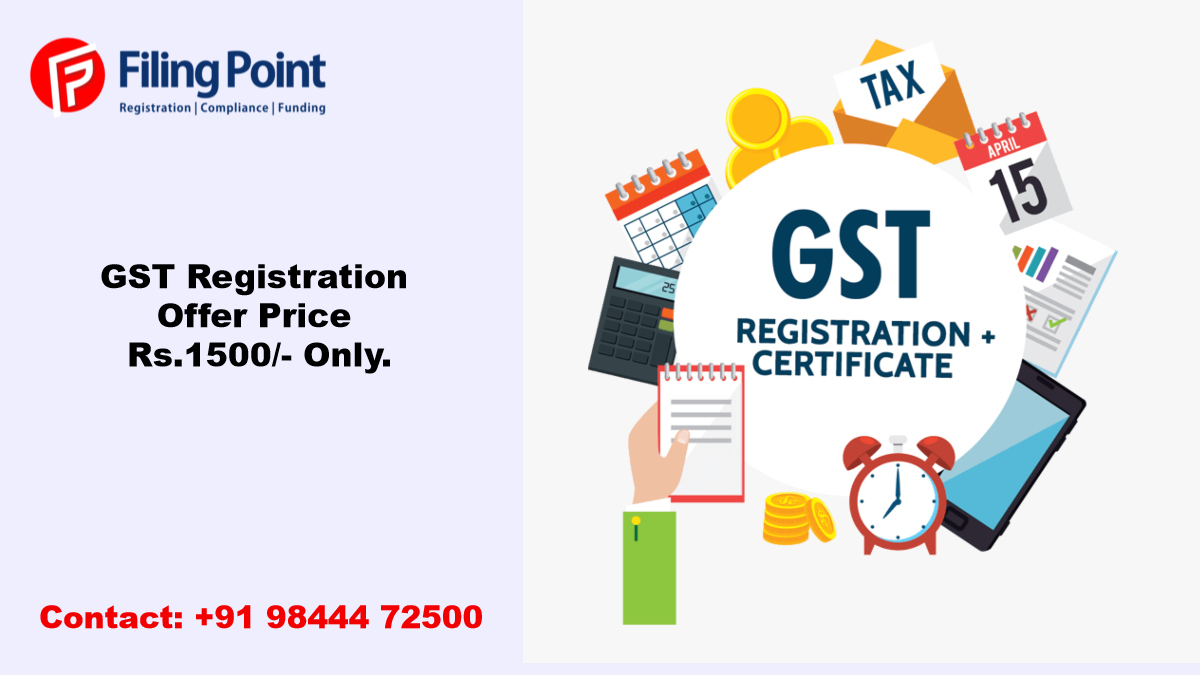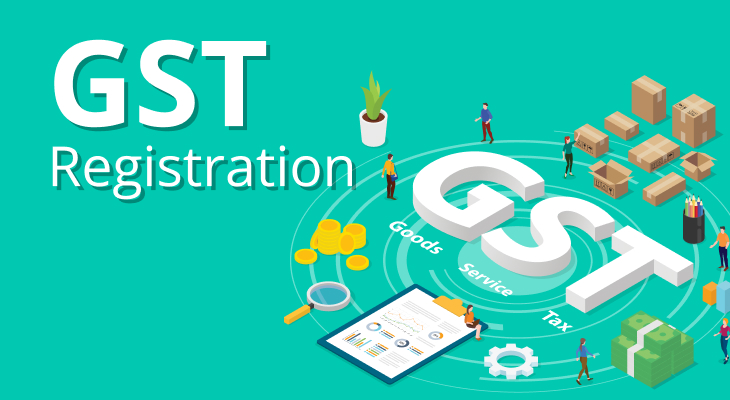Enhancing Your Singapore GST Registration: An Extensive Strategy
Enhancing Your Singapore GST Registration: An Extensive Strategy
Blog Article
Optimizing Tax Obligation Effectiveness: Expert Tips on Navigating the GST Enrollment Maze for Local Business
Browsing the complex landscape of Product and Services Tax Obligation (GST) enrollment can be a labyrinthine task for tiny businesses intending to maximize their tax performance. Recognizing the qualification requirements, precise documentation needs, tactical timing considerations, and experienced enrollment process pointers can dramatically impact a company's economic standing. Compliance with GST regulations is extremely important, and sticking to ideal methods can streamline procedures and avoid potential challenges. In this discussion, we will certainly explore skilled insights and workable advice that can equip small companies to navigate the GST registration maze successfully and optimize their tax obligation effectiveness.
Eligibility Requirements
Eligibility demands for Small Service GST Registration include certain requirements that companies should satisfy to conform with tax regulations. To certify for GST registration, a company should have an annual turn over going beyond the limit established by the tax obligation authorities, which varies by country.

Documentation Requirements
The required paperwork typically includes evidence of organization enrollment or address, unification and identification proofs of the service owner, photographs, bank account details, and proof of the primary place of service. In addition, businesses need to offer details of their business activities, including the products or solutions provided.
Maintaining all needed documentation arranged and easily available can simplify the registration procedure and help services conform with the demands successfully. Precise focus to information and adherence to the documentation standards are vital for an effective GST registration process for little companies.
Timing Factors To Consider
Thinking about the essential paperwork needs have actually been carefully resolved, the next essential element for small companies embarking on the GST registration procedure is the tactical management of timing factors to consider. Timing plays a critical duty in GST registration, affecting not just conformity however also monetary facets of business. Small companies need to very carefully intend the timing of their GST enrollment to optimize advantages and minimize potential dangers.

In addition, businesses should line up the timing of their GST enrollment with their operational preparedness. Ample prep work, such as upgrading accountancy systems and Visit This Link training personnel, is important to perfectly integrate GST requirements right into everyday operations. By tactically taking care of timing considerations, tiny organizations can browse the GST registration process successfully and enhance their tax obligation effectiveness.
Registration Process Tips
Successfully navigating the GST registration procedure needs local business to carry out calculated and proactive registration procedure suggestions. One essential pointer is to make sure all necessary records are easily available prior to beginning the registration procedure. This includes organization enrollment records, evidence of address, bank declarations, and recognition proofs of the organization proprietors. Confirming the precision of the info Get the facts given is similarly crucial to stop denials or delays.
Furthermore, understanding the thresholds and demands for GST enrollment based upon the details state or territory where the service runs is necessary. Some states have various turn over thresholds that set off required enrollment, so being educated regarding these limits can assist organizations intend ahead.
Another important idea is to take into consideration looking for professional help from accounting professionals or tax obligation experts that concentrate on GST enrollment. Their knowledge can streamline the process, reduce errors, and ensure compliance with all regulations.
Compliance Finest Practices
Tiny companies need to focus on conformity to prevent fines and keep a great standing with tax obligation authorities. Tiny company owners ought to consistently review federal government link guidelines and look for expert advice if required to ensure they are meeting all demands. By incorporating these conformity best techniques right into their procedures, tiny businesses can navigate the complexities of GST registration with confidence and efficiency.
Final Thought
Finally, local business can browse the GST enrollment puzzle by ensuring they satisfy qualification standards, collect needed documents, take into consideration timing effects, comply with registration procedure ideas, and follow compliance finest practices. By taking full advantage of tax effectiveness through proper GST enrollment, organizations can boost their monetary management and operations.
Browsing the complex landscape of Product and Solutions Tax (GST) registration can be a labyrinthine task for tiny organizations intending to maximize their tax obligation performance.Eligibility needs for Small Organization GST Registration encompass specific standards that services should meet to abide with tax obligation policies. The required documents commonly includes evidence of service registration or identity, consolidation and address proofs of the organization proprietor, photographs, financial institution account details, and evidence of the primary area of service. Additionally, businesses need to provide details of their business tasks, including the services or items supplied.Effectively browsing the GST registration procedure requires little organizations to execute critical and positive registration process pointers.
Report this page